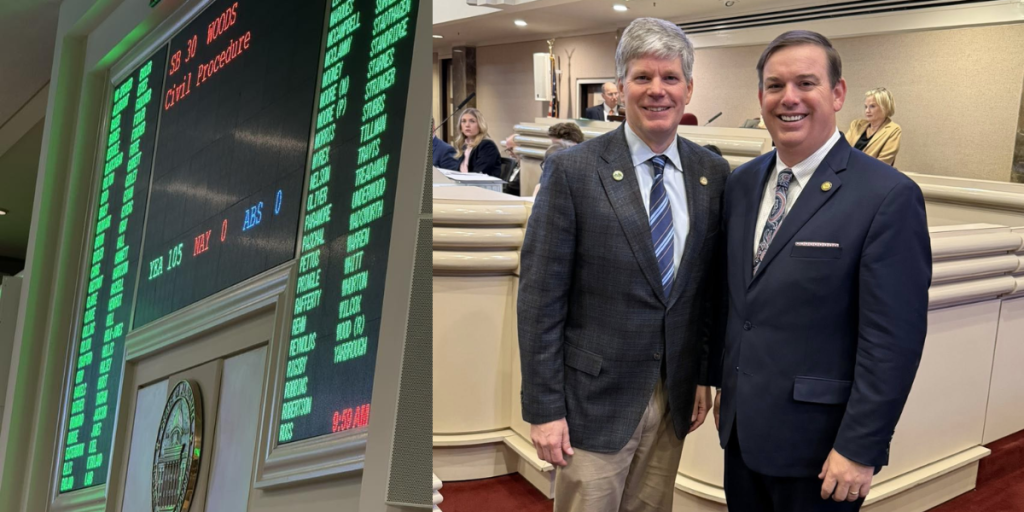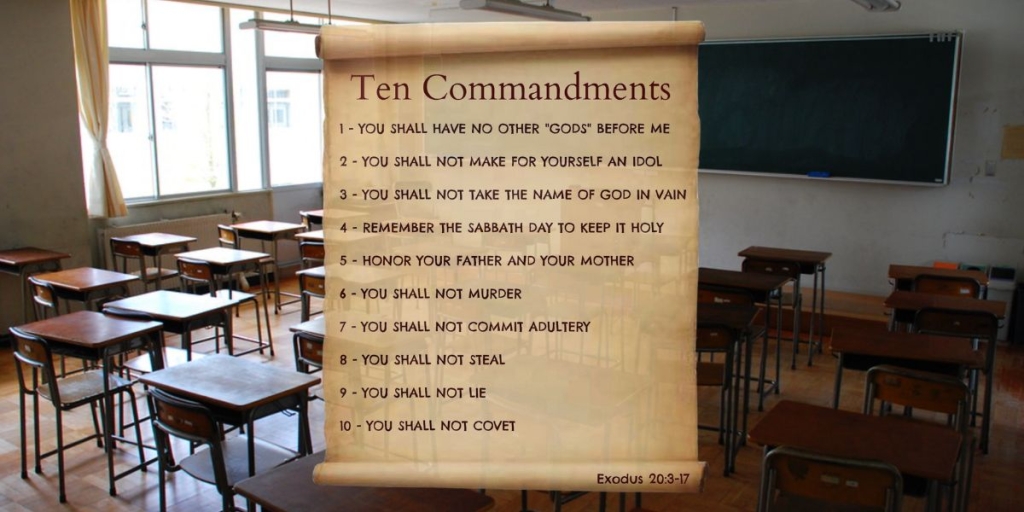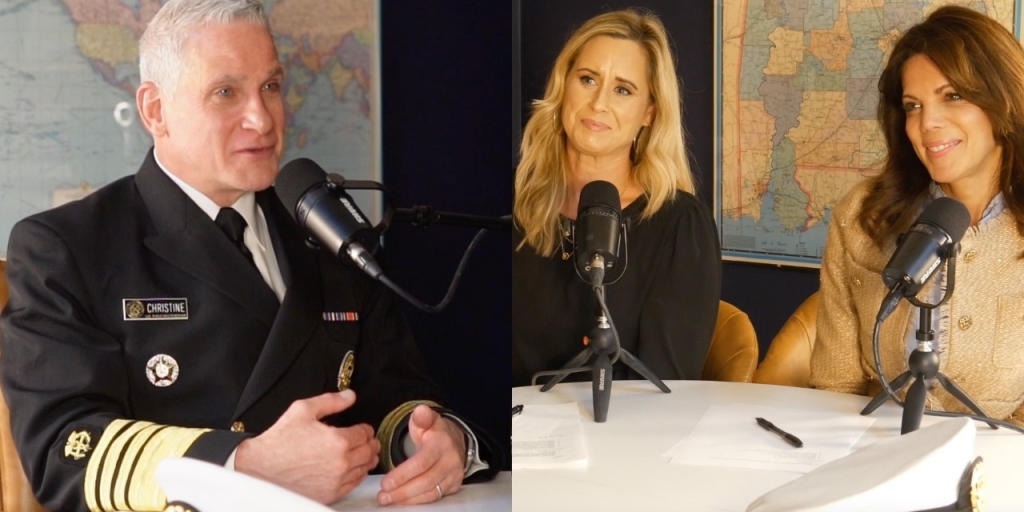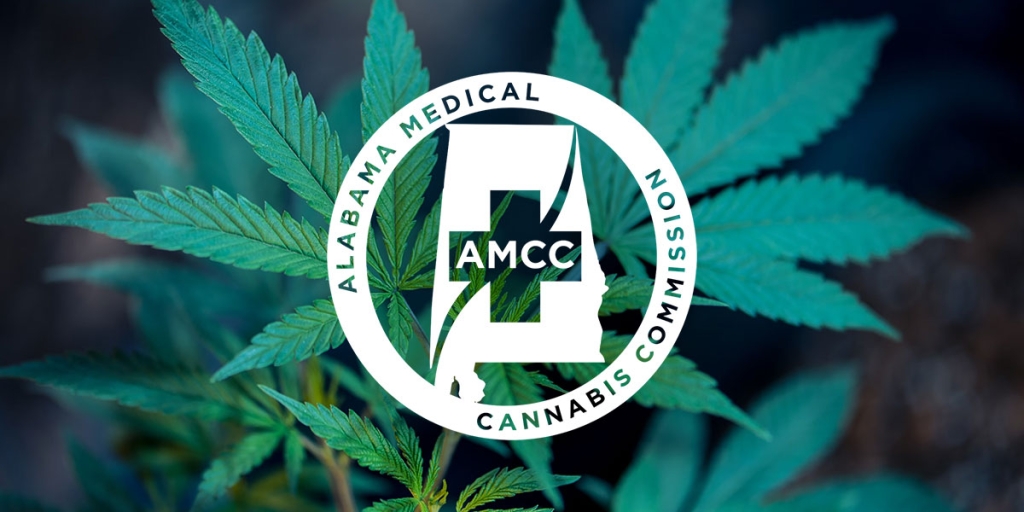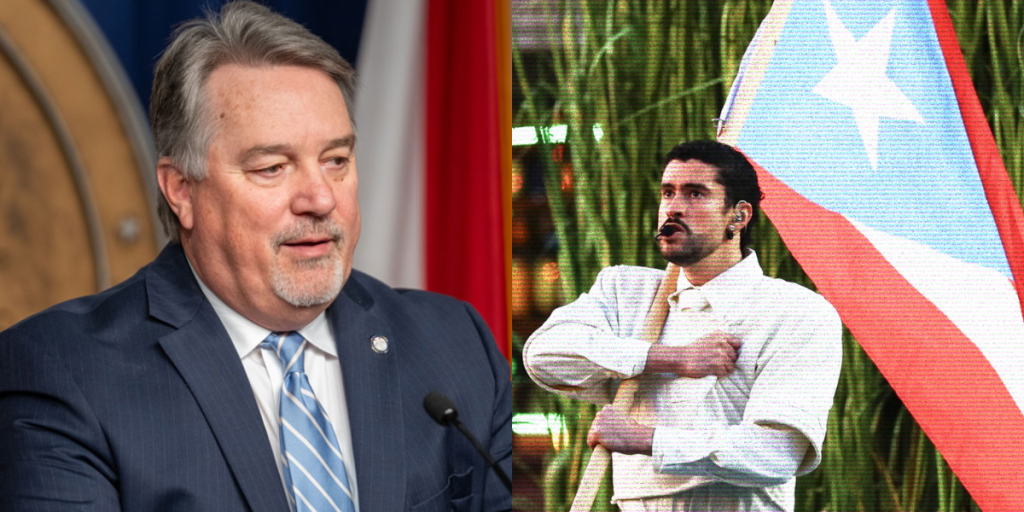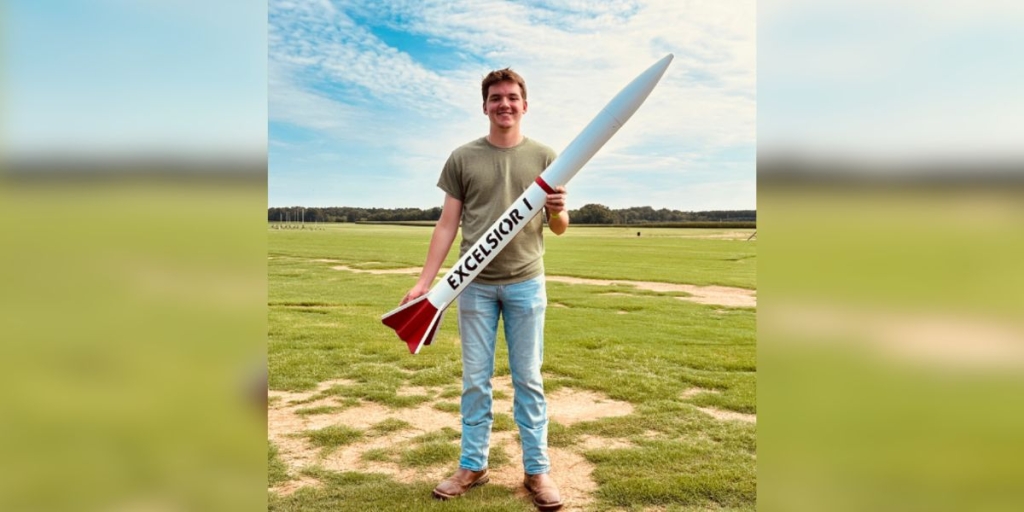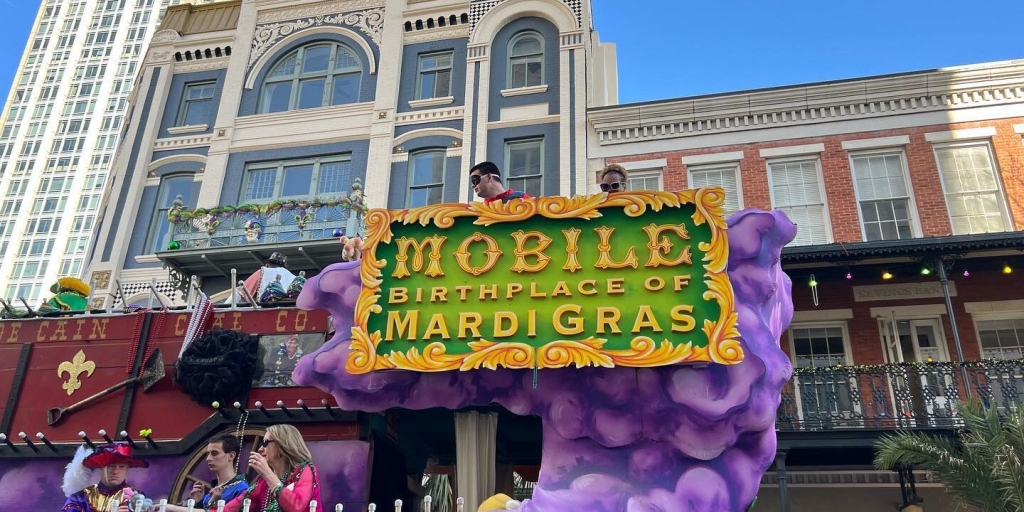
In the wake of Saturday’s unspeakable tragedy in Charlottesville, Virginia, most reasonable Americans—including most Alabamians—shake their heads with heartbreaking regret, wondering how we can stop this madness.
Two days removed, we also wonder why our culture is so quick to dignify hatred with the attention it seeks? This question isn’t a criticism of those who engaged Saturday’s white supremacists in counter-protests—simply a reflection on how the senseless events might have been avoided.
If no one had paid them any attention, no iPhone videos would have been taken, or no Tweets posted, how long would their ridiculous circus have lasted?
To be clear, the question isn’t should we stand up against the poisonous diatribes of white supremacists. We should, and we must. As Burke said, “The only thing necessary for the triumph of evil is for good men to do nothing.” The question is, what’s the most effective way to do so? As my grandfather once told me, we don’t have to attend every argument we’re invited to. In the same way, we’re surely not obligated to meet despicable racists on their own ridiculous terms.
Today, unfortunately, that’s only useful for the future, because Saturday, an innocent woman died and hate won the day. The question for Monday is how then should we live?
As recently stated on Yellowhammer, racism in its purest form is an evil grasp at superiority—a cry from the chests of hollow men who think they get to decide who matters and who doesn’t. That belief always plays out in a treacherous hatred that decent people everywhere must unite to condemn.
The old Alabama has a history in these matters, and it’s apparent to most that the new Alabama has learned from its grievous mistakes. Most Alabamians abhor racism and have no use for the screeching minority who cling to its tentacles. So how does this majority assert itself and create a culture in which hate-driven racists are not allowed to have their way?
A college sophomore taught Charleston, South Carolina how, and his lesson is instructive. If anyone ever had grounds for returning hate with more hate, it was Chris Singleton.
His mother, Sharonda, was an extraordinary woman by every measure, filled with the promise of hope and a love for others that inspired everyone who knew her. As we all remember, she was ruthlessly executed two summers ago by a psychopath who probably had much in common with James Alex Fields Jr., who used his car to kill Heather Heyer Saturday.
That fateful day, Chris spoke to his mother while she was at her last Bible study, moments before Dylann Roof killed her and eight of her fellow-parishioners at Emanuel AME Church. Minutes earlier, Chris called his Mom to ask where she’d left the TV remote. Not wanting to distract the worship, she whispered that it was in the closet, hidden so his little brother would not play too many video games. Moments later, she was gone.
At her funeral, Chris quietly but resolutely said, “If we just love the way my mom would, then the hate won’t be nearly as strong as the love is.” As Sports Illustrated put it, “Chris decided early on that his mother’s killer didn’t deserve any space in his head or his heart.”
Those powerful words of a 19-year old transformed a city, and at least for a time, a nation. Instead of allowing the violence to breed violence, Chris Singleton used love to extinguish hate. Heeding his words, blacks and whites joined hands, lit candles, and prayed. Thousands locked arms and marched across the Cooper River Bridge, showing the world that Chris’ message was real—hate’s power is truly frail in the face of real, courageous love. No buildings were burned, no more shots rang out. Love won the day.
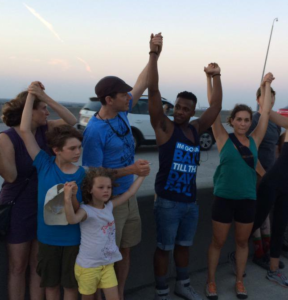
Two years later, the tattoo on Chris’ chest (in the picture above) is now a symbol seen on bumper stickers, hats, and pins across the south, honoring the Charleston nine in their flight to heaven.
It’s our deepest hope that Alabama and the rest of America will send the same message to Charlottesville, and that someday soon, love will prevail.





